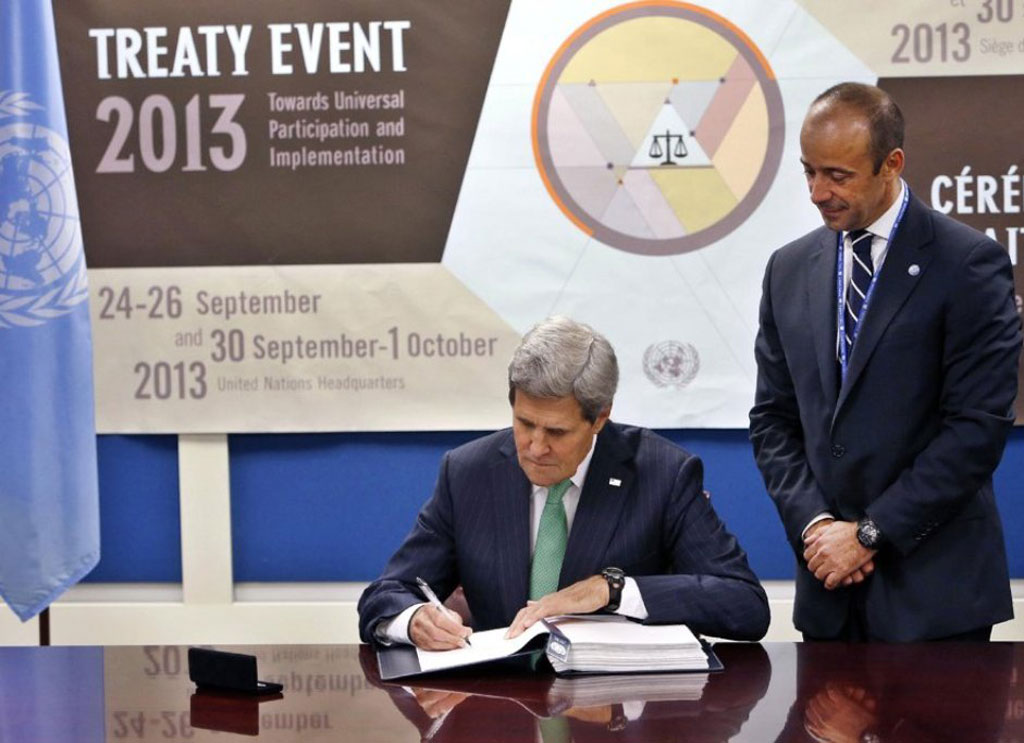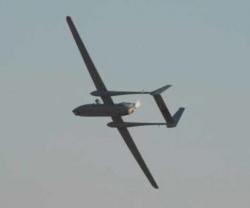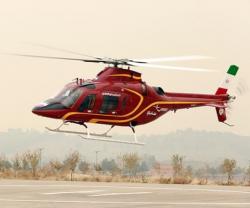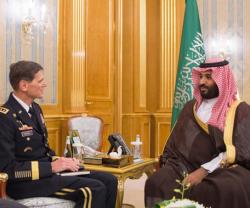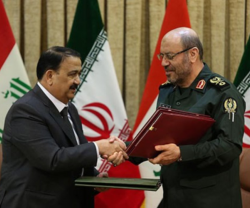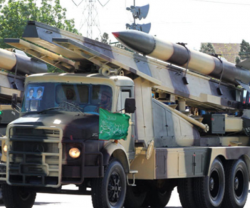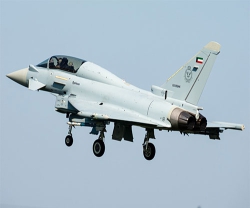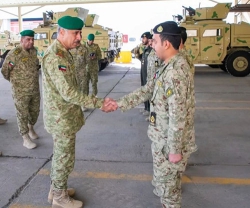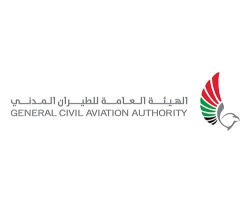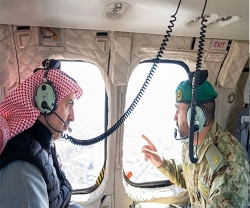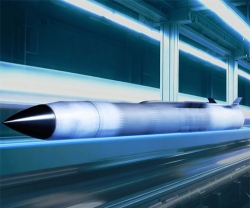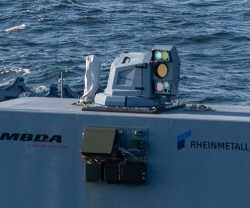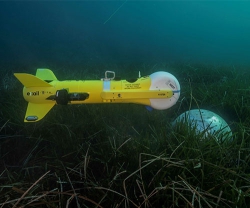U.S. Secretary of State John Kerry signed the treaty, the first global accord to regulate the $80 billion annual trade in conventional arms, in a ceremony at the U.N. headquarters.
The treaty still needs to be ratified by the Senate and faces much opposition from pro-guns association in America.
The ATT has been adopted in April by the U.N. General Assembly by a vote of 154. Iran, North Korea and Syria are the three countries that casted a no vote.
The treaty also aims to stop the supply of arms to states where they could be used to commit crimes against human rights.
Italy on Wednesday became the first European Union state to ratify the treaty.
The treaty, which has been years in the making, was only adopted after tough negotiations at the United Nations. Talks had deadlocked last year after the United States asked for more time to work on the draft text.
“The treaty builds on decades of cooperative efforts to stem the international, illegal, and illicit trade in conventional weapons that benefits terrorists and rogue agents,” the State Department official said, according to AFP.
It “will help reduce the risk that international transfers of conventional arms will be used to carry out the world’s worst crimes.”
Kerry praised the adoption of the treaty, saying it was “strong, effective and implementable” and insisted it would not infringe on the U.S. Constitution and the Second Amendment right to bear arms.
The pact “can strengthen global security while protecting the sovereign right of states to conduct legitimate arms trade,” he added in his statement in April.
It is the first major arms accord since the 1996 Comprehensive Nuclear Test Ban Treaty and covers all conventional weapons.
It has no automatic enforcement. However, it seeks to force the weapons industry within accepted boundaries.

